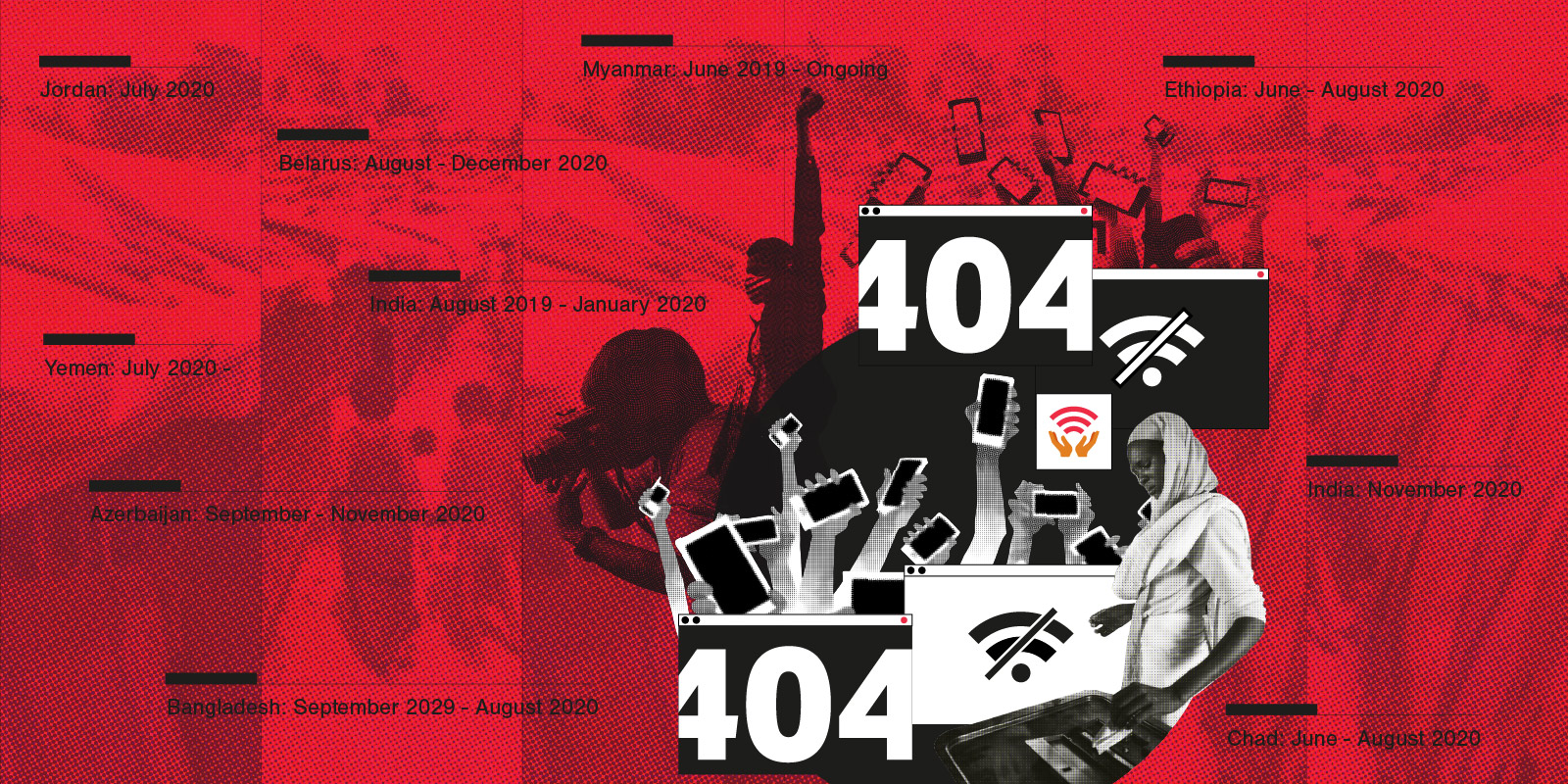As Russia prepares for the September 17 — 19 legislative elections, and authorities tighten their grip on freedom of expression online, Access Now and the #KeepItOn coalition are demanding social media giants stand up for human rights, and resist government orders to shutdown and censor internet platforms, applications, and services.
“We are calling on private companies to do what government officials in Russia will not — take a stand for human rights,” said Peter Micek, General Counsel at Access Now. “Facebook, Twitter, this is a message for you: put your human rights policies into action, and say no to an authoritarian regime’s attempts to silence millions of people this election. People in Russia are depending on you.”
Through an open letter to some of the most powerful figures in the digital sphere — including Tim Cook, CEO of Apple, Mark Zuckerberg, Chair and CEO of Facebook, and Sundar Pichai, CEO of Google — civil society is calling for these intermediaries to publicly pledge their support to maintain free, open, and secure internet access in Russia.
“Russia’s notoriety for cracking down on critical voices means internet shutdown orders are probably already on the horizon,” said Felicia Anthonio, Campaigner and #KeepItOn Lead at Access Now. “But they’re not inevitable. They’re a choice. And we’re calling on Big Tech and telcos to make the right one.”
Recommendations to Apple, Twitter, Yandex, TransTelekom, ER-Telecom, МТS, Rostelecom, Google, MegaFon, Cloudflare, VEON, Beeline, and Facebook include:
- Publicly denounce internet shutdowns, censorship, and disruptions of essential online services in Russia and other countries;
- Resist and push back against shutdown and censorship orders;
- Preserve evidence and reveal any demands from the government urging you to disrupt internet access or block specific online content, and any pressure to conceal those demands;
- Contest the legality of internet shutdown or censorship orders; and
- Consult civil society and rally peer companies to push back against government censorship demands.
Last week, the Russian telecoms regulator, Roskomnadzor, announced it is testing methods of blocking innovative technologies — such as DoH that hides website names to avoid government snooping — by Mozilla and Google, and threatened tech companies to not allow circumvention. On September 8, 2021, the Russian government blocked Google and Cloudflare domain name system (DNS) services, which reportedly resulted in the internet being down for approximately an hour.
This call for intervention comes as the government of Russia accelerates its broader attacks against civil society through prosecuting journalists and independent media and human rights organizations, targeting anti-corruption activist and opposition leader, Alexey Navalny, and pressuring social media companies to take down content.
Read the open letter.
